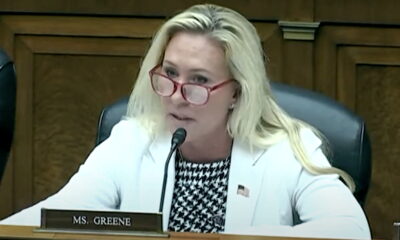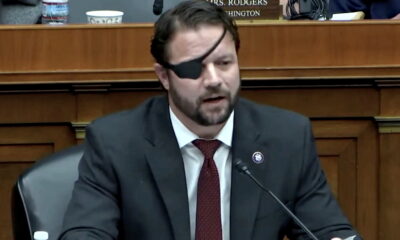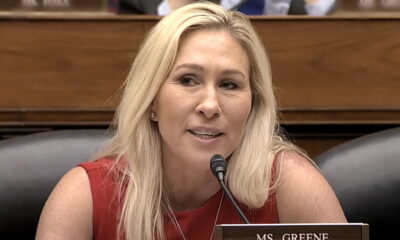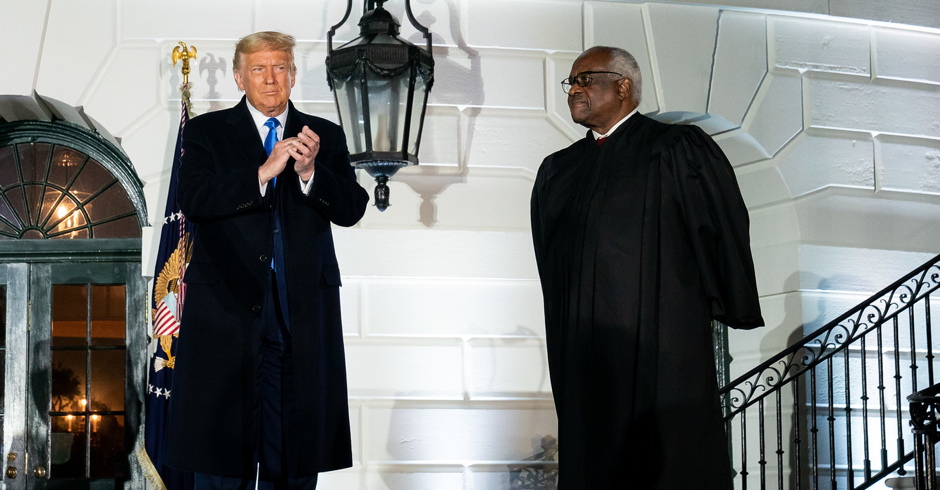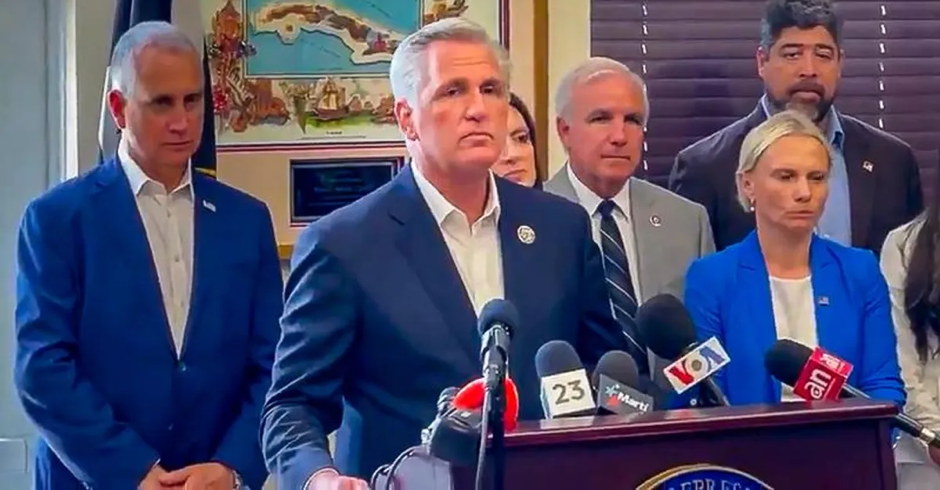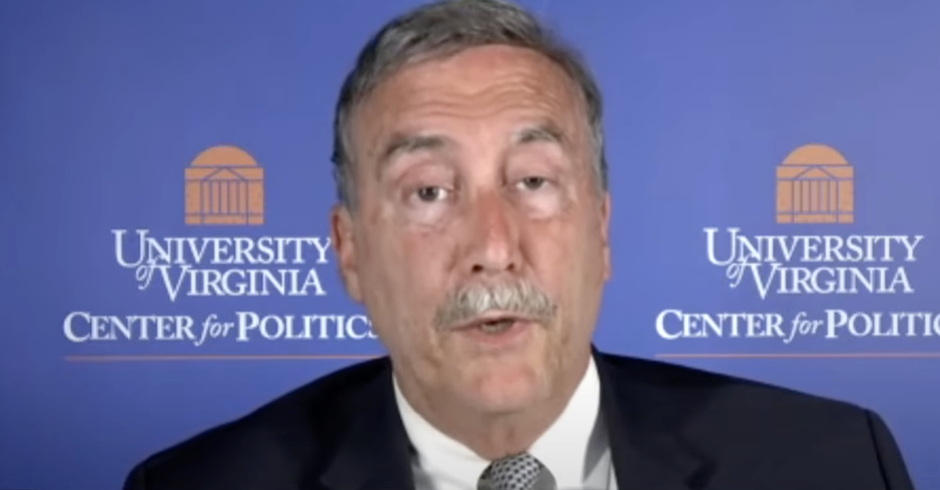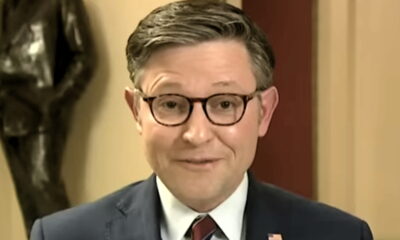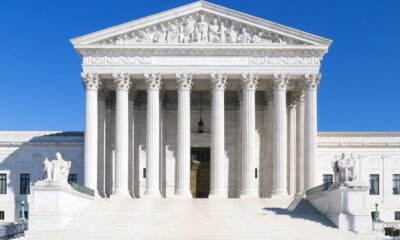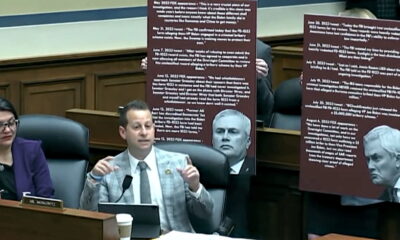FIRST AMENDMENT? WHAT FIRST AMENDMENT?
‘Anti-American’: Trump Order Regulating Social Media Companies, Possibly Favoring Conservatives, Blasted by Experts

“The mother of all bad ideas”
The Trump administration is drafting an executive order that would regulate the largest social media platforms and “Big Tech” companies in the country, from Google to Facebook, Twitter, Instagram, and even Pinterest. President Trump’s goal apparently is to make these critical platforms extra-friendly to conservatives, who falsely have been claiming there’s an anti-conservative bias in the way Silicon Valley operates in the public realm.
While multiple reports say the executive order is not finalized, TechCrunch and CNN on Friday report the Federal Trade Commission (FTC) and the Federal Communications Commission (FCC) would be charged with regulating Big Tech and social media platforms. The FCC is headed by a Trump loyalist who opposes net neutrality,
The executive order, currently titled “Protecting Americans from Online Censorship,” is a direct response to both right wing activists’ false claims of censorship and left-wing bias among social media platform operators, and an invitation-only White House meeting last month, labeled a “social media summit” that included mostly just “right wing extremists.”
On Friday, CNN reported the draft Trump executive order “could lead to a significant reinterpretation of a law that, its authors have insisted, was meant to give tech companies broad freedom to handle content as they see fit.”
It would “significantly narrow the protections afforded to companies under Section 230 of the Communications Decency Act, a part of the Telecommunications Act of 1996.”
It also “would reflect a significant escalation by President Trump in his frequent attacks against social media companies over an alleged but unproven systemic bias against conservatives by technology platforms.”
Justice staff writer Melissa Gira Grant at The New Republic tweeted, “if this reporting is accurate, Trump has decided to chip away at Section 230 by executive order.”
The Legal Director for Public Knowledge, a D.C.-based nonprofit that says it “promotes freedom of expression, an open internet, and access to affordable communications tools and creative works,” offered this push-back:
obviously the FCC has no authority to do this, even if the White House told it to, for about a dozen reasons. but even if it did, it would at most open up platforms to more claims from aggrieved users but would do zero to narrow 230(c)(1) https://t.co/CPTSiZqaXq pic.twitter.com/MTqfZQrVzP
— John Bergmayer (@bergmayer) August 9, 2019
NYC-based nonprofit PEN America, which works “to protect free expression,” including press freedom and safety, blasted the proposed order, calling it “an anti-American edict that would empower FCC & FTC to be viewpoint-based arbiters of online speech.”
“Thankfully, 1st Amendment forbids that,” the group adds. “It’s regrettable that this Administration doesn’t seem to know that.”
The Editor-in-Chief of the tech site Lifewire calls it “The mother of all bad ideas.”
Enjoy this piece?
… then let us make a small request. The New Civil Rights Movement depends on readers like you to meet our ongoing expenses and continue producing quality progressive journalism. Three Silicon Valley giants consume 70 percent of all online advertising dollars, so we need your help to continue doing what we do.
NCRM is independent. You won’t find mainstream media bias here. From unflinching coverage of religious extremism, to spotlighting efforts to roll back our rights, NCRM continues to speak truth to power. America needs independent voices like NCRM to be sure no one is forgotten.
Every reader contribution, whatever the amount, makes a tremendous difference. Help ensure NCRM remains independent long into the future. Support progressive journalism with a one-time contribution to NCRM, or click here to become a subscriber. Thank you. Click here to donate by check.
 |

